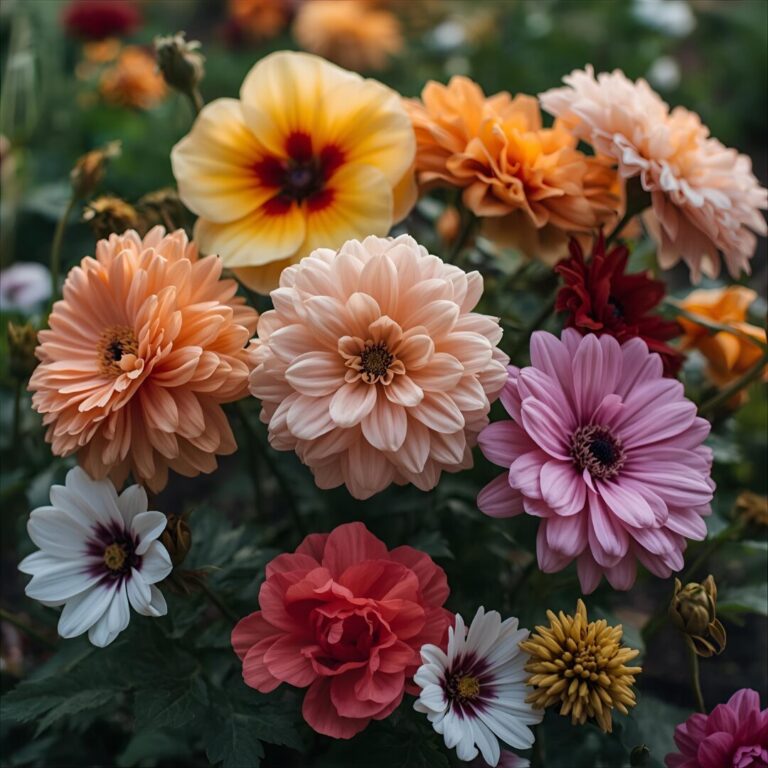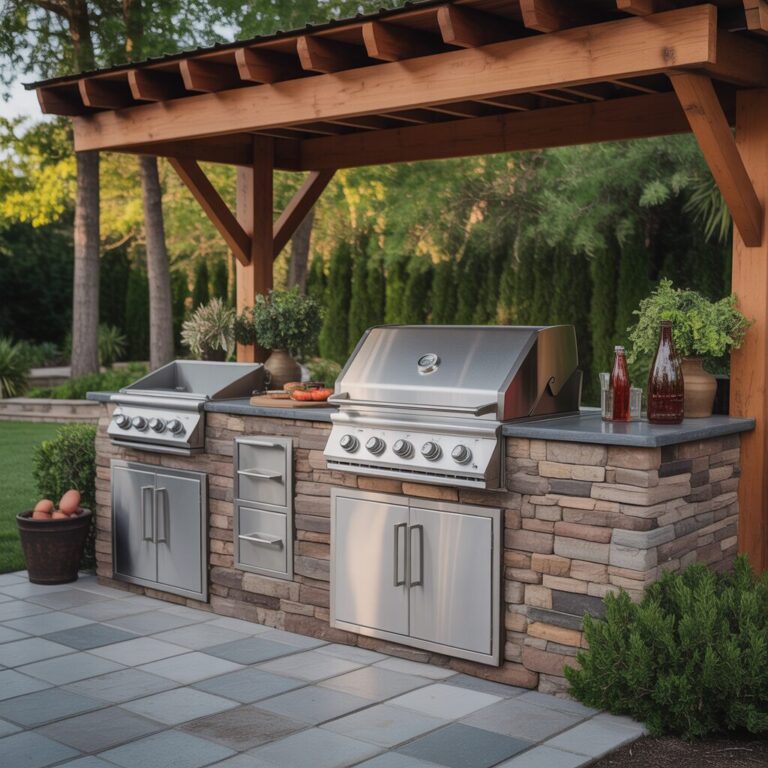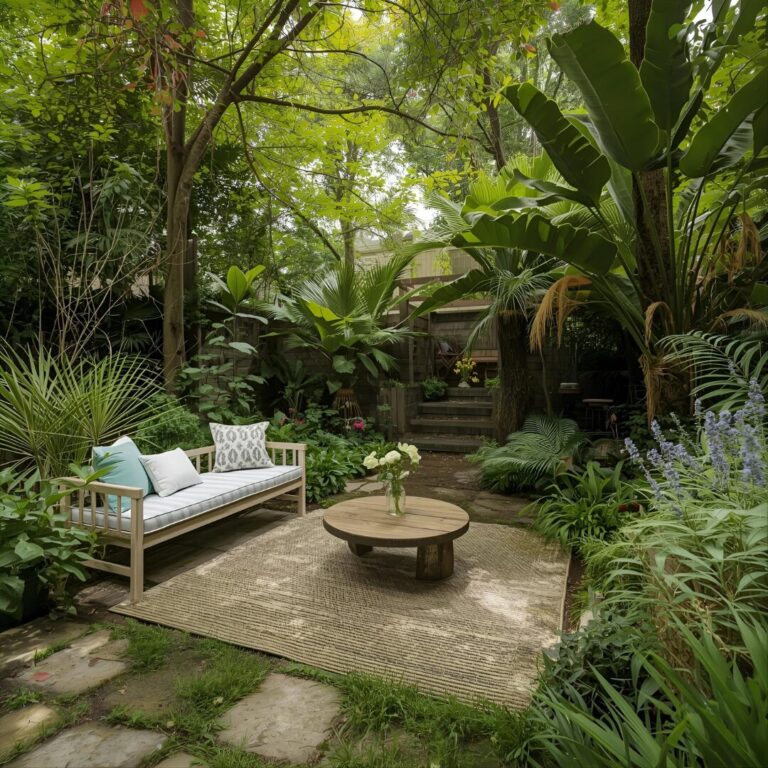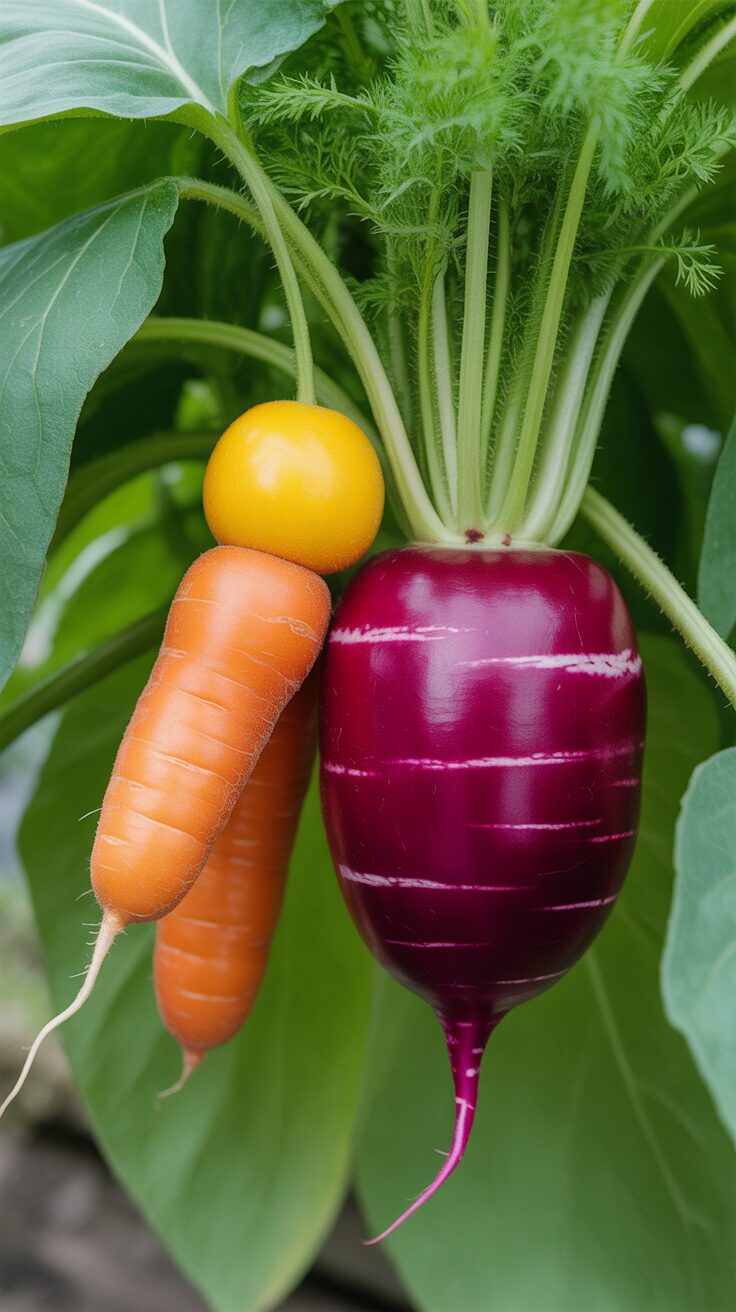10 Beautiful Berry Bush Garden Ideas for a Lush Backyard (Even in Small Spaces!)
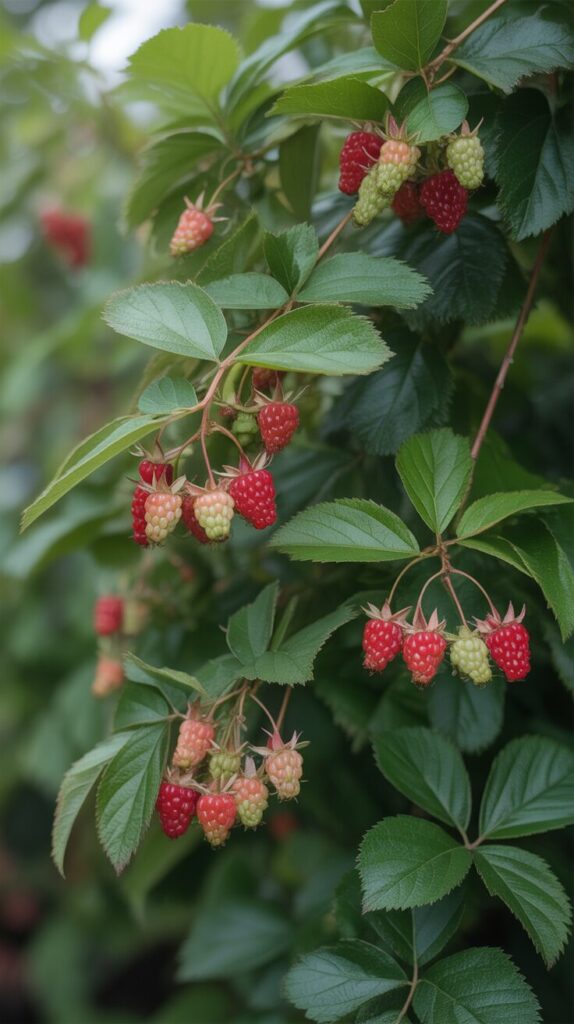
There is something magical about stepping outside and harvesting fresh berries straight from your garden. Berry bushes are not only productive but also highly decorative, adding seasonal colors, textures, and lush greenery to any outdoor space. Whether your backyard is large and open or small and urban, you can grow berry plants that thrive and bring beauty throughout the year. This guide explores the best berry bushes, practical design ideas, and care tips to create your very own backyard berry haven.
Why Grow Berry Bushes?
Berry bushes combine practicality with natural charm. They are packed with antioxidants, fiber, and essential vitamins, making them a nutritious addition to your diet. Their delicate blossoms attract pollinators in spring, followed by colorful fruit displays that brighten the garden through summer and fall. Because many berry bushes are perennial, they return year after year with minimal effort. They are also highly versatile, fitting into hedges, containers, trellises, or even hanging baskets.
Pro Tip: Growing a mix of berry bushes not only boosts the harvest but also creates a layered, visually rich garden design.
Best Berry Bushes for Beginners
If you are just getting started, it is helpful to choose berry plants that adapt well to different soil types and are low maintenance. Below is a quick guide to beginner-friendly varieties and their ideal conditions.
| Berry Type | Sun Needs | Soil pH | Harvest Time | Best For |
|---|---|---|---|---|
| Blueberries | Full sun | 4.0–5.5 | Early summer | Containers, acidic soil |
| Raspberries | Full sun | 5.5–6.5 | Summer/fall | Trellises, hedges |
| Blackberries | Full sun | 6.0–7.0 | Late summer | Archways, fences |
| Strawberries | 6+ hrs sun | 5.5–6.8 | Spring/summer | Hanging baskets |
| Gooseberries | Partial sun | 6.0–7.0 | Midsummer | Shady corners |
Blueberries and raspberries are excellent for hedges or privacy screens, while strawberries thrive in containers and hanging baskets, making them perfect for smaller spaces. Gooseberries are a wonderful option for shaded corners where other berries may not grow as well.
Pro Tip: Test your soil pH before planting. Blueberries, for instance, need more acidic soil than most other berry plants.
Design Ideas for a Berry-Filled Backyard
Natural Berry Hedges
Instead of traditional fencing, rows of blueberries or raspberries can form living hedges. They offer privacy, define garden boundaries, and provide abundant harvests. By alternating early- and late-season varieties, you can extend the fruiting period well into autumn.
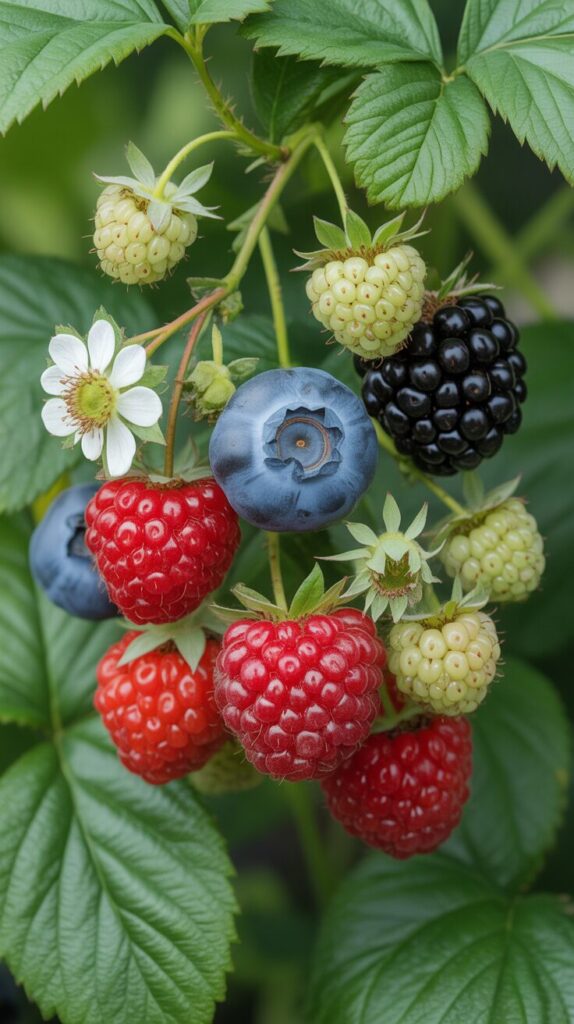
Pro Tip: Plant hedges in raised rows to improve drainage and prevent root rot.
Vertical Trellises for Small Gardens
Raspberries and blackberries can be trained onto trellises, ladders, or even wall-mounted frames. This method saves space while creating a striking vertical display of greenery and berries. It also improves airflow around the plants, reducing the risk of disease.
Pro Tip: Use soft ties or garden twine to secure canes gently without damaging them.
Hanging Strawberry Planters
Strawberries are one of the easiest berries to grow in small or rented spaces. Hanging baskets or vertical towers filled with strawberries bring greenery and fruit close to eye level. They also keep the fruit off the ground, making it less prone to pests.
Pro Tip: Choose everbearing strawberry varieties to enjoy multiple harvests throughout the season.
Mixed Berry Patches
Combining blueberries, strawberries, and currants in one patch adds variety to both the look and the harvest of your garden. Mixed patches create a vibrant ground-level display and help diversify the soil and pollination needs of your plants.
Pro Tip: Mulch blueberry plants with pine needles to keep soil acidic and prevent weeds.
Decorative Berry Archways
For those who want a fairytale element in their garden, berry archways are a stunning choice. Blackberries, when trained over a strong metal arch, form a lush tunnel of greenery and fruit. This creates both shade and a dramatic entrance to your backyard space.
Pro Tip: Regular pruning is essential to keep archways healthy and prevent overcrowding.
Berry Growing Cheat Sheet
To make berry gardening easier, here’s a quick reference table outlining the core needs of the most popular plants.
| Task | Blueberries | Raspberries | Strawberries |
|---|---|---|---|
| Sun | Full sun | Full sun | 6+ hours |
| Soil pH | 4.0–5.5 | 5.5–6.5 | 5.5–6.8 |
| Water | Keep soil moist | 1 inch per week | Daily in hot weather |
| Prune | In winter | After fruiting | Remove runners |
Pro Tip: Keep a simple gardening journal to track watering, pruning, and soil amendments for each type of berry.
Tips for Bigger Harvests
- Plant two or more blueberry varieties to encourage cross-pollination.
- Use organic mulch such as straw or bark to keep roots cool and retain moisture.
- Apply neem oil or insecticidal soap to control aphids and other common pests.
- Protect strawberries with a layer of straw during winter to insulate crowns.
Conclusion
Berry bushes bring together the best of beauty and productivity in your garden. With careful plant selection, thoughtful design, and consistent care, you can enjoy lush greenery, colorful fruits, and fresh harvests for years to come. Whether you are working with a small balcony or a sprawling backyard, there is always space to incorporate berries into your landscape. By blending hedges, trellises, and creative containers, your garden can become both a visual delight and a fruitful retreat.


